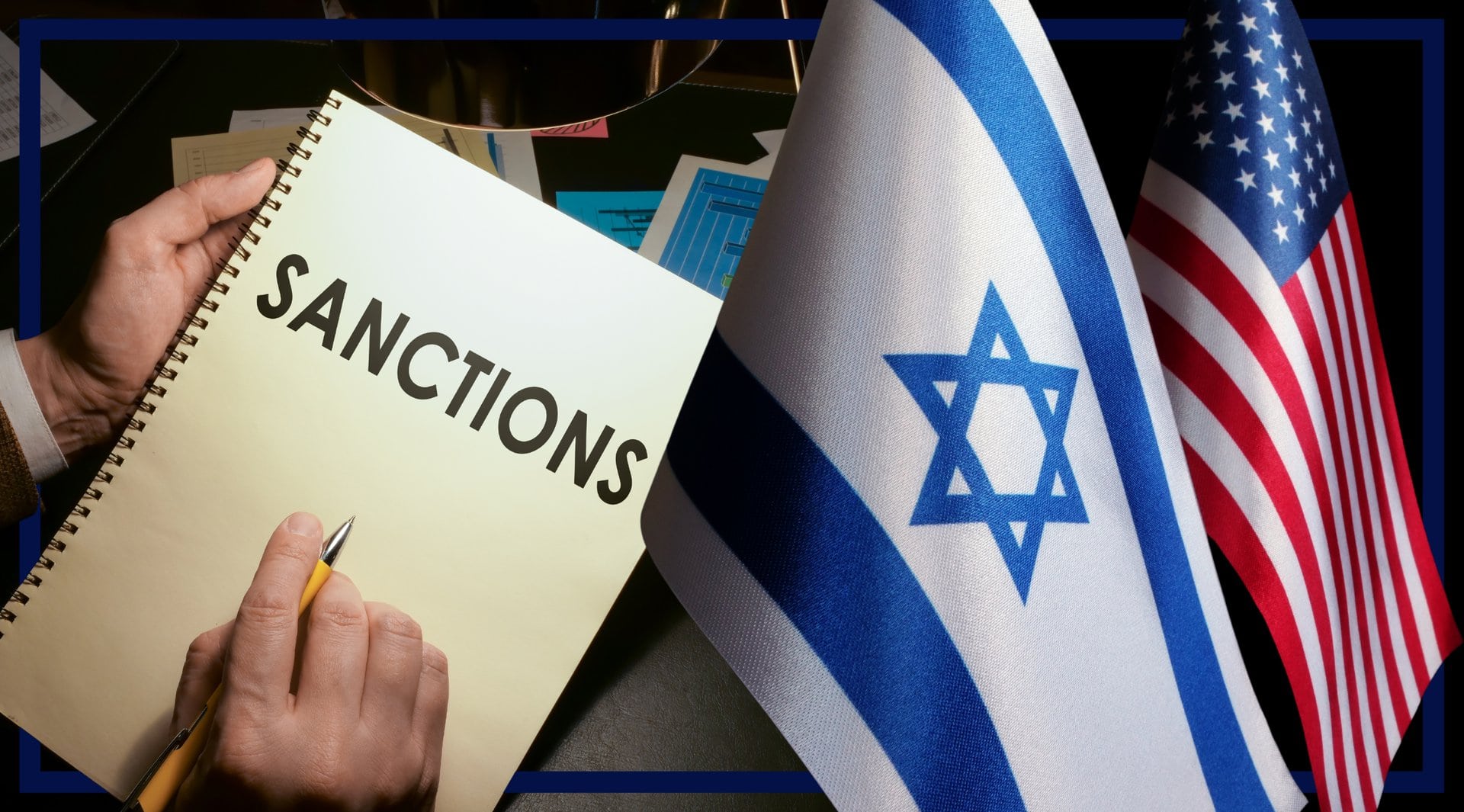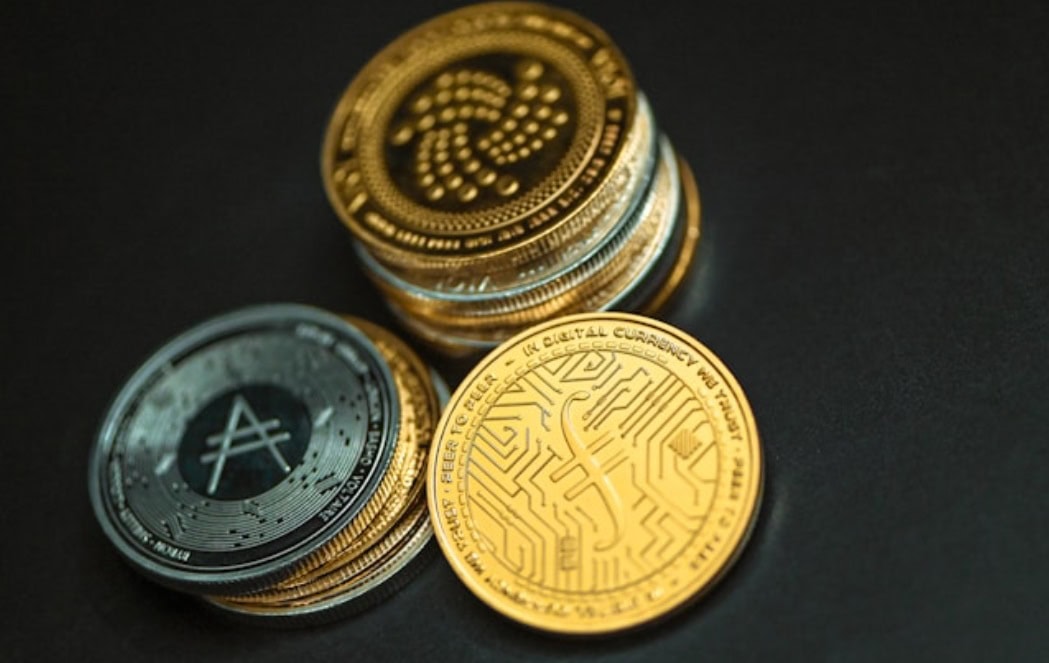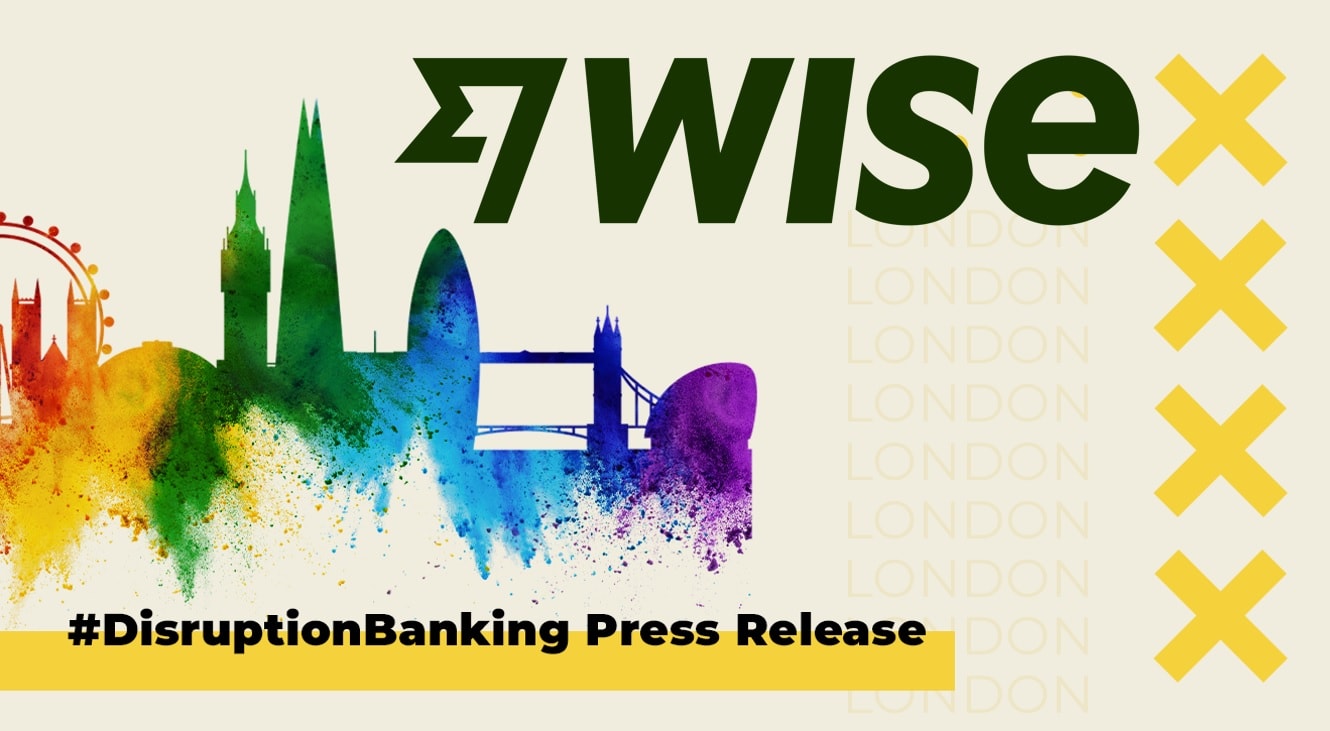At the start of February, the US President Joe Biden announced he had approved sanctions on four Israeli settlers which are accused by Washington of attacking Palestinians in the West Bank.
Since Hamas’ attack on Israel in October, and the subsequent conflict in Gaza, violence in the West Bank has increased significantly. The United Nations (UN) has estimated that 370 Palestinians have been killed in the territory since October and, while the majority of these have been killed by the Israel Defence Forces (IDF), at least eight have been killed by civilian Israeli settlers.
It is those responsible for perpetuating violence against Palestinian civilians that are being targeted by the new sanctions outlined by Biden. The United Kingdom has followed by imposing sanctions on four “extremists” which the government believes are behind human rights abuses against Palestinians in the West Bank.
Joe Biden has backed Israel to the hilt since Hamas’s attack last year. But an order imposing sanctions on settlers is a sign that his patience with Binyamin Netanyahu’s hardline coalition is wearing thin https://t.co/FVe4jAquD9 👇
— The Economist (@TheEconomist) February 12, 2024
The settlers initially responded with indifference to these sanctions. “What am I going to do now with all my assets in New York?” joked one sanctioned settler upon hearing the news. However, the situation quickly grew more problematic.
Indeed, in the aftermath of the Biden’s announcement, several Israeli banks moved to cut off the settlers’ access to their accounts. Hapoalim, one of the two largest banks in Israel, said simply that it would “respect international sanctions.” Its rival Leumi declined to comment, but Yinon Levi, one of the settlers targeted by US sanctions, confirmed that he had seen his private and business accounts frozen and had been prevented from transferring his money elsewhere.
Most observers suspect that the banks do not wish to service these settlers given this would potentially threaten their access to US markets and the international financial system, dominated as it is by the US dollar and US institutions. The Bank of Israel, the country’s central bank, said that “evading sanctions regimes can expose banks to significant risks, including compliance risks, money laundering, and combatting the financing of terrorism risks, legal risks, and reputation risks.”
“Ensuring proper conduct and orderly activity of banks in Israel is essential for maintaining the orderly activity of the economy,” the bank added.
4 extremist settlers engaged in acts of violence in the West Bank. Biden issued an EO that included financial sanctions on the men. Israeli banks have now complied and frozen the assets of these extremists. https://t.co/lz7jeZornR
— Alex גדעון בן װעלװל (@JewishWonk) February 5, 2024
Nobody is going to lose any sleep about the fate of these four individuals. Israeli settlers, many of whom are religious fanatics intent on expanding the borders of Israel into territories that are legitimately Palestinian, help make life deeply difficult and unpleasant for Palestinians in the West Bank.
On a trip to the Palestinian city of Rawabi last year, I heard for myself how those working there had been harassed and threatened by settlers living a few miles away in the illegal settlement of Aretet. More importantly, those encroaching on the Palestinian territories as established by the Oslo Accords, are a major obstacle to any hope of a future peace plan.
But with all that said, is the US’ move to sanction these individuals fair or justified?
After all, while these settlers have been accused of extremely serious crimes, the fact remains that they have not been found guilty in a court of law and have denied the allegations against them. Yet with one stroke of Biden’s pen, they have been condemned for good, with no option of appeal or recourse. At risk of stating the blindingly obvious, life without proper access to money is very difficult if not practically impossible. If they have committed the crimes the US government says they have committed, they should be tried in the relevant domestic or international courts and found guilty after a fair trial. Extrajudicial moves of this kind are an affront to any understanding of justice or the rule of law.
Bibi protests to Blinken, calls U.S. sanctions on violent settlers "inappropriate" https://t.co/cv98hVXjx1
— Axios (@axios) February 11, 2024
The US has the unique ability to impose such punishments given the global financial system is based on the dollar and the Treasury-bill standard. But just because the States has that power, it does not follow they should use it – even if purely for reasons of self-interest.
The sight of the US infringing on the sovereignty of another country and arbitrarily condemning its citizens will only add further urgency to those countries which are rapidly seeking alternatives. The emerging BRICS alliance and whole swathes of the so-called Global South have consistently expressed their desire to challenge the dominance of the dollar, precisely because of how much unchallenged power its reserve status affords the United States.
While few people will be bothered about the fate of the settlers targeted under these new sanctions, more should be thinking about whether Biden’s move is right, fair, or wise.
Author: Harry Clynch














